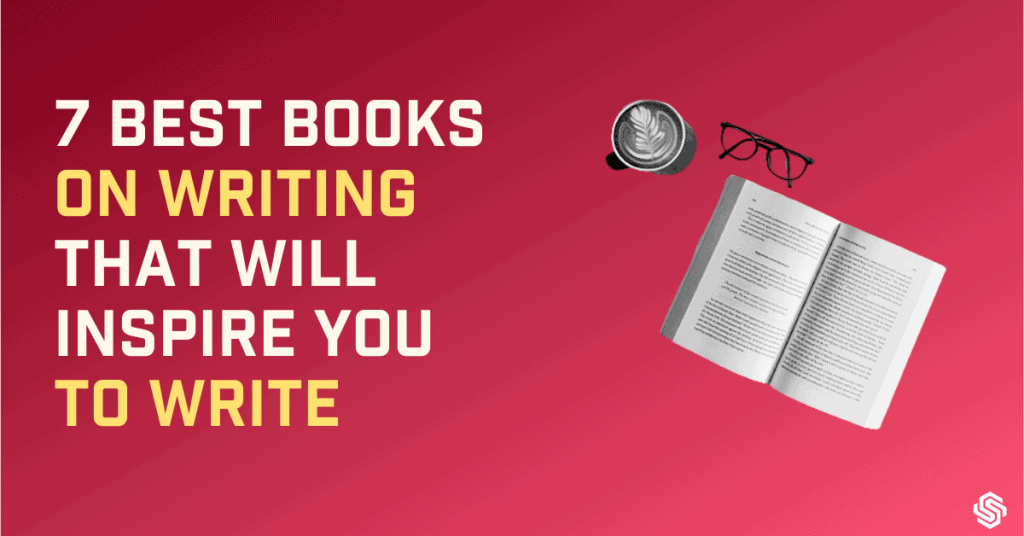Gordon Ramsay is a celebrity chef, restaurateur, writer and a television personality with more than 35 shows and has been awarded 16 Michelin stars in total for his restaurants.
If that name rings a bell, there is a good chance that you might have seen him yelling and hurling the choicest of abuses at aspiring chefs on the show Masterchef Australia.
I think being a TV personality, he has mentored and roasted (sometimes literally) more young and upcoming cooks than anyone else has.
When he was asked how he knows a young cook has potential, he didn’t speak about knife skills, presentation or other cooking skills at all.
But he said they need to have good taste.
If they can’t taste the difference between good and bad food, they can’t make it.
In other words, Gordon Ramsay was trying to say that when it comes to any craft, your sensibility is more important than your capability, because it’s your sensibility that will hone your capability.
It’s the same with writing too.
Of course, to become a better writer, you need to write more, but you also need to read more and read more of the good stuff.
Please don’t mistake reading with the mindless consumption that you do on the internet. That’s not reading.
Reading is when you consume with intent and relish it and lose yourself in the material. Reading is not just about reading, you know? It’s also about focus.
Try picking up a book and see how long you can read without having the urge to pick up your phone to check messages or social media. You will realise how bad your attention span really is.
It goes without saying that reading has many benefits but more so for your writing because reading feeds your thoughts and writing is nothing but thinking articulately.
So, here are 7 of the best books on writing that will help aspiring writers.
1. Politics and the English Language
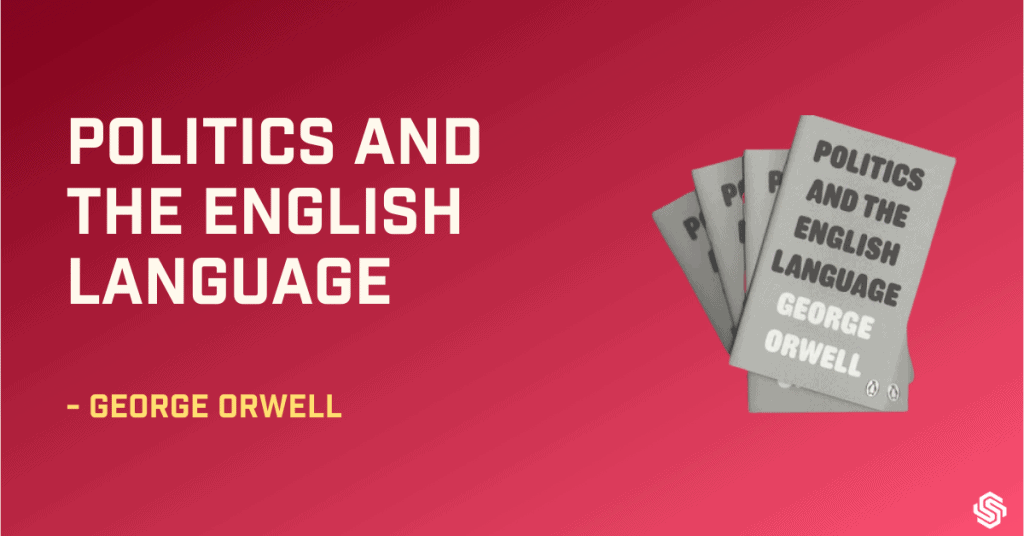
Ok, I’ll admit it, it’s not a book but an essay. Regardless of what it is, this is an excellent book for you to understand why you don’t need fancy and flowery language to get through to your audience/readers.
The legendary George Orwell, of the ‘1984’ and Animal Farm fame, sheds some light on how most writers (and politicians) end up using pretentious language, dead metaphors and meaningless words to convey an idea.
From an Indian point of view, this behaviour stems from our colonial hangover. The better, more fancy your English is, the more accepted you will be, is the unfortunate misconception. This can’t be further from the truth.
As a writer, you need to aim for clarity rather than vanity. And this book perfectly illustrates how you can achieve that.
Click here to buy Politics and the English Language
2. The War or Art
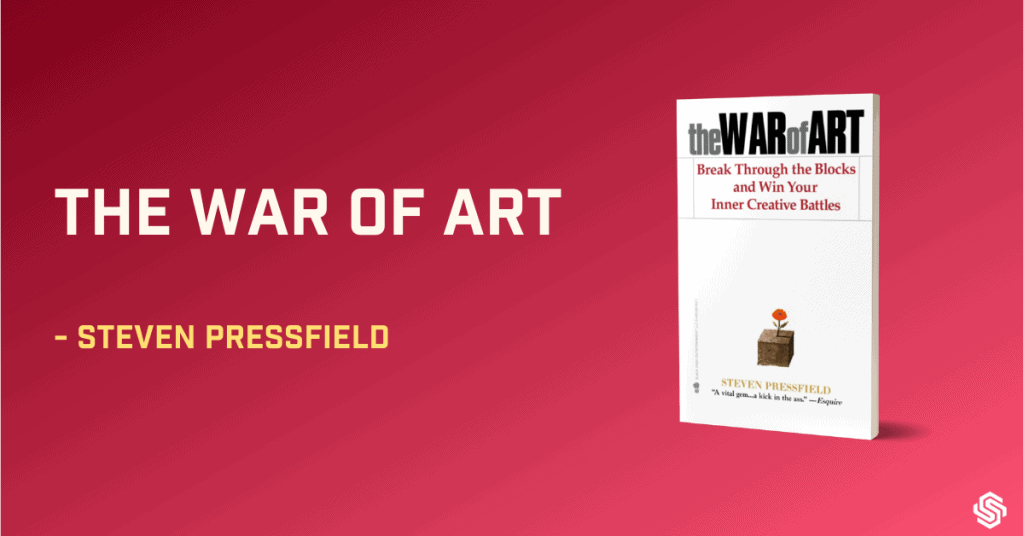
When it comes to writing jokes, this tweet hits the spot:
oh you’re a writer? name 3 of your procrastination techniques
— Kristen Arnett (@Kristen_Arnett) May 9, 2019
It is evident that the biggest obstacle for most aspiring writers is procrastination. And we all wonder if we can have someone kick us in the backside every time we slack.
I would like to believe The War of Art by Steven Pressfield, does precisely that. He doesn’t just stop at procrastination but goes deeper into what he calls the “Resistance” and all the myriad forms it takes to stop us from writing.
We often find ourselves going nowhere even after knowing what exactly to do and slowly slip into the dark thoughts of realising that maybe you will never be the person you want to be.
This book helps you overcome that feeling of helplessness by bringing awareness to the resistance and helps you take action in the right direction.
Click here to buy The War of Art
3. Steal like an Artist
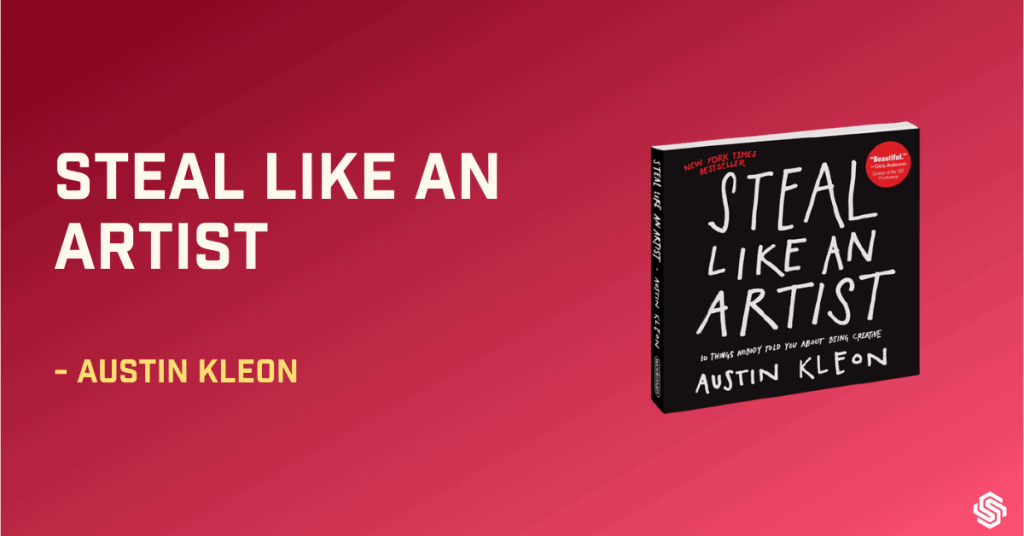
“When you steal from one author, it’s plagiarism; if you steal from many, it’s research” – Wilson Mizner
This quote accurately summarises this coffee table book.
In this 133 pager, Austin Kleon lays out ten principles that you can use to unlock your creativity by embracing influence and shunning guilt.
It’s very common for a lot of writers to feel the burden of coming up with something original all the time. While it’s true that you need to be original, the idea of originality itself is largely distorted for most people.
Nothing in this world is original, and creativity is all about connecting dots that people don’t even see. You need to open yourself to be influenced by the greats (and the not so greats) and look for inspiration all around you.
Click here to buy Steal like an Artist
4. On Writing
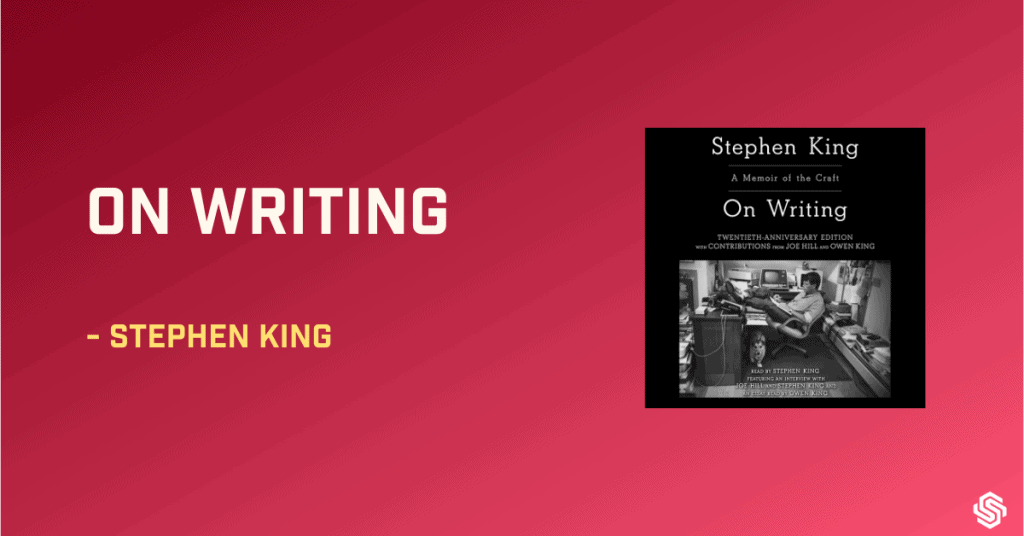
Well, it’s written by Stephen King, the author of more than 50 books which have sold more than 350 million copies. If anybody can write a book about writing, it has to be Stephen King.
What I like about this book is that he approaches writing as a craft and not like art, which implies that not only anybody can pick it up, but also that there is a method to the madness.
But mind you, this is not a manual which gives you a step by step approach. Stephen King talks a lot about his journey of becoming an author which you can draw inspiration from and most importantly, the way he presents the ideas itself.
By setting the right expectations, you can learn a thing or two about writing from one of the best writers the world has seen.
5. The Elements of Style
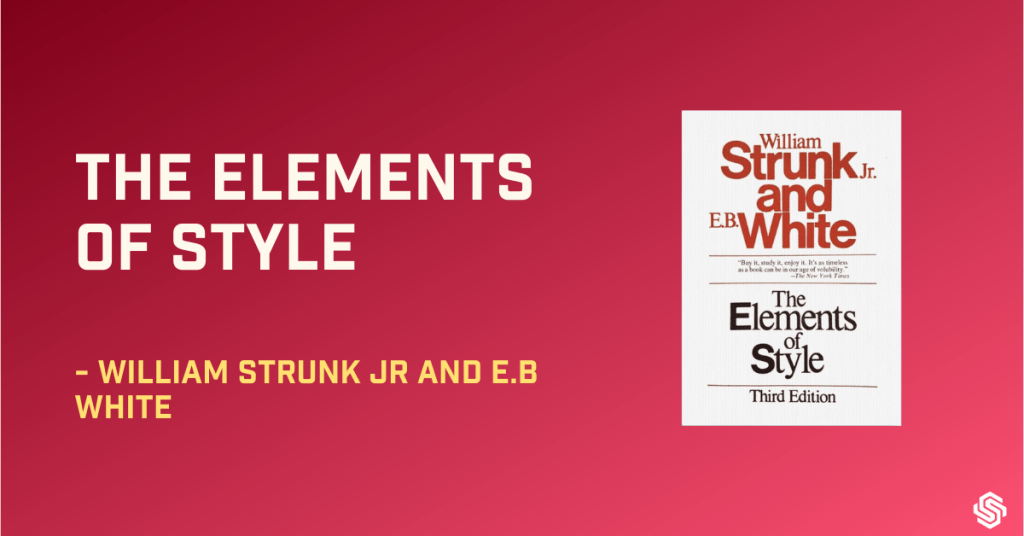
Yet another short book which packs a punch and almost qualifies as a textbook on the usage of English grammar.
William Strunk Jr and E.B White, in this book, have laid out eight elementary rules of usage, ten elementary principles of composition, and a list of commonly misused words and expressions.
Now, despite being an old book, the guidelines mentioned are timeless, and almost every point in this guide is still relevant, considering how we use language has changed dramatically.
The Elements of Style is one of those books that serves as a ready reckoner on good grammar, style, and layout.
Click here to buy The Elements of Style
6. Atomic Habits
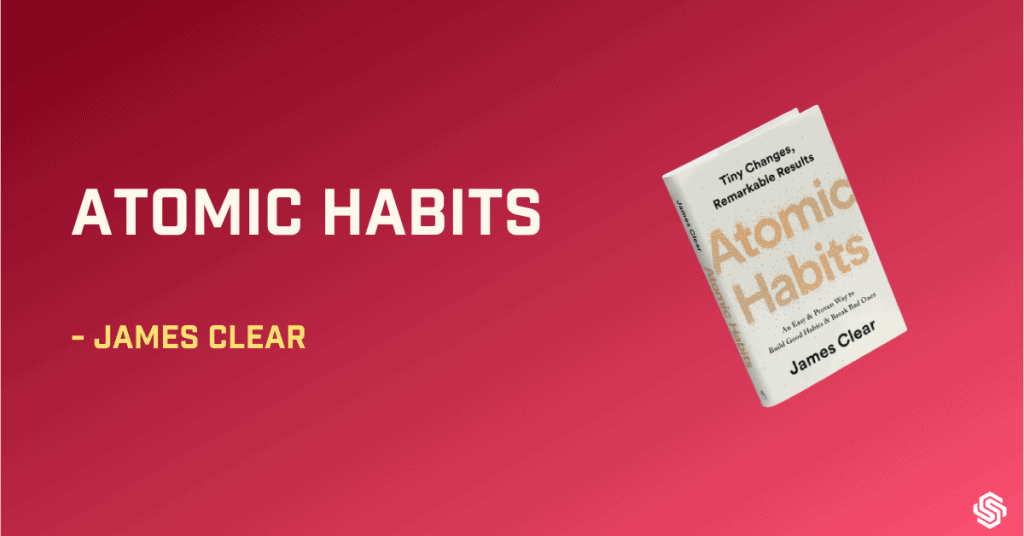
I think a disclaimer is in order here: Atomic Habits is not a writing book. It is, as the name suggests, a book on building habits.
How many times have you tried to finish that book, or set up that blog to share your thoughts with the world only to not write a single word? Or even if you did manage to write a few words, life happens and your favourite creative project gets sidetracked yet again.
We are all creatures of habit, but the challenge is to build the right habits; one of them is the habit of writing. James clear tears down into the science of habits, teaches you how to build great habits and get rid of the bad ones.
It’s one of those books, everyone on Twitter seems to be reading and recommending at any given point of time and for a good reason. It’s a book that is light to read and oozes practicality.
Click here to buy Atomic Habits
7. Deep Work
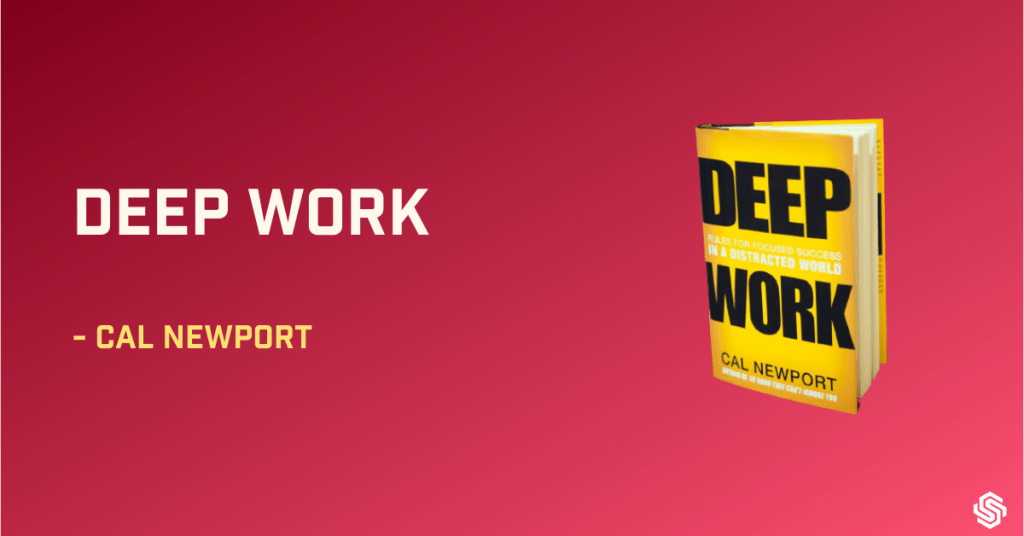
The biggest problem of the modern world is focus and the most sought after commodity is your attention.
You are continuously overexposed to information, and the stream of distractions in the form of notifications, emails, texts almost seem endless.
Cal Newport, in his book Deep Work, gives you rules that you can use for focused success in a distracted world. Deep Work, as he claims, is the ability to focus without distraction on a cognitively demanding task. Try writing for about 30 minutes with the utmost focus and not getting distracted, and you will know what he means.
A good mix of criticism on how technology has taken over our world and actionable advice, Deep Work will help you accomplish more in less and help you achieve that true sense of fulfilment that comes with writing.
Conclusion
Let’s face it, no amount of reading self-help books, writing guides is going to help you to write. At the end of the day, you have to write.
To become a better writer, you have to write more.
That’s the cold, harsh truth.
But these books will definitely help you make the journey a lot easier by bringing awareness to all the challenges that you might face, give clarity on why you need to do certain things in certain ways, and help you achieve your goal of being a writer.
Writing can be extremely satisfying and fulfilling and yet be very challenging to get started.
I really hope these books can not only help you become a better writer but also a better thinker and if it’s not too much to ask; a better human being.
Which is your favourite book from this list? Let me know in the comments below.

